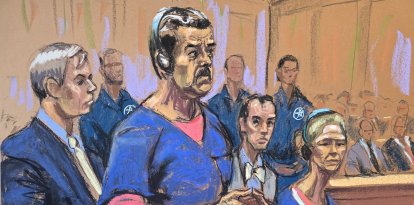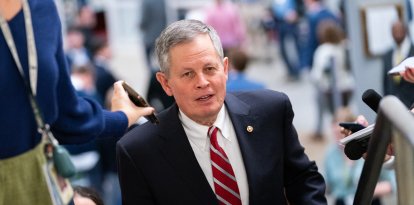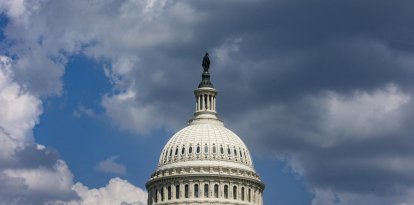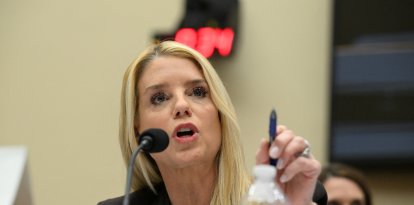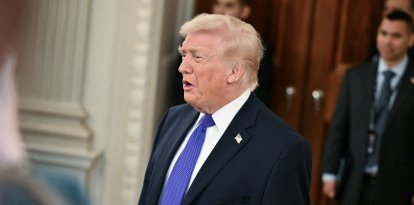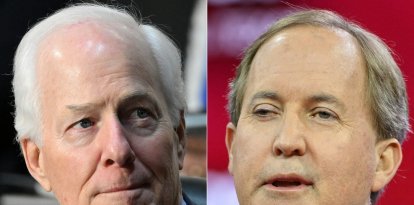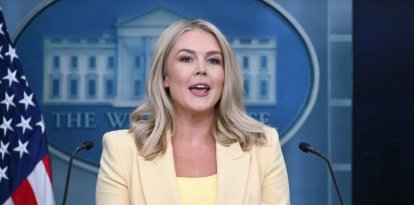RFK Jr. removes CDC vaccine committee, vows to "clean up" system
"Most of ACIP’s members have received substantial funding from pharmaceutical companies, including those marketing vaccines," the health secretary said.

Robert F. Kennedy Jr. in a file image
Health and Human Services Secretary Robert F. Kennedy Jr. announced in an op-ed column the total removal of all 17 members of the controversial Advisory Committee on Immunization Practices (ACIP), the body that directly advises the Centers for Disease Control and Prevention (CDC) on vaccines.
RFK JR.'s move is unprecedented and was justified by the health secretary himself as an indispensable step in restoring public confidence in health institutions and in the recommendations around immunization.
"The committee has been plagued with persistent conflicts of interest and has become little more than a rubber stamp for any vaccine," Kennedy wrote in an article published in The Wall Street Journal.
According to the health secretary, the ACIP "has never recommended against a vaccine—even those later withdrawn for safety reasons."
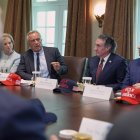
Economy
The Kennedy Revolution: from the end of trans treatments for minors to the 'freedom' of vaccination
Santiago Ospital
Kennedy later argued that, to ensure that objective, nonpartisan, unbiased science again guided public decisions, it was necessary to initiate a "clean sweep."
Notably, RFK Jr. recalled precedents from congressional and the Department of Health's own investigations where financial ties were found between committee members and pharmaceutical companies.
"Most of ACIP’s members have received substantial funding from pharmaceutical companies, including those marketing vaccines," the health secretary said.
Although the move is in keeping with RFK Jr.'s campaign promises in the midst of the election campaign, it also contradicts a promise Kennedy himself made during his Senate confirmation process last February.
Questioned by Sen. Bill Cassidy (R-Louisiana), RFK Jr. assured that he would keep the composition of the ACIP unchanged.
At the time, Cassidy, a physician and chairman of the Senate health committee, said he was concerned about Kennedy's stance on vaccines but, in the end, backed his appointment under RFK Jr.'s promised assurance to keep the committee.
In addition to the committee's dismissal, the health secretary had announced weeks earlier with a social media video that the government would stop recommending the COVID-19 vaccine for healthy children and pregnant women, a move that took the CDC by surprise and generated much debate in the press media.
During his tenure, Kennedy has clearly sought to mark a break with the line of recent administrations, especially with respect to former President Joe Biden. His greatest challenge, undoubtedly, is to regain the trust of U.S. citizens who, since the pandemic, have become increasingly skeptical of the recommendations of the health authorities.














